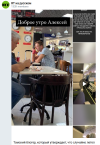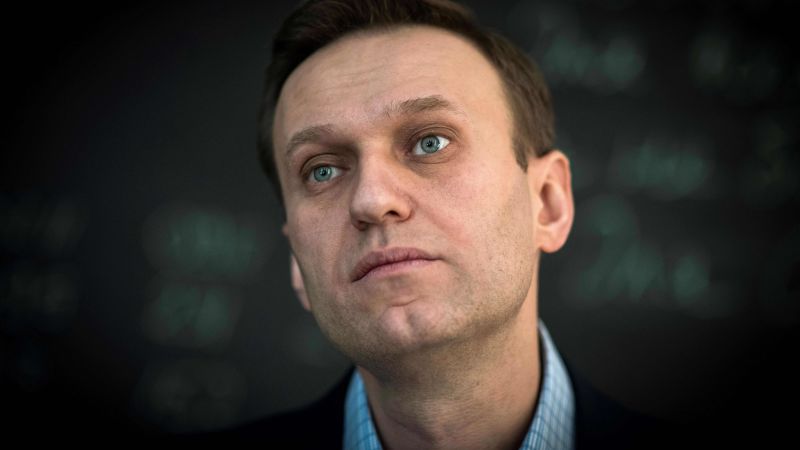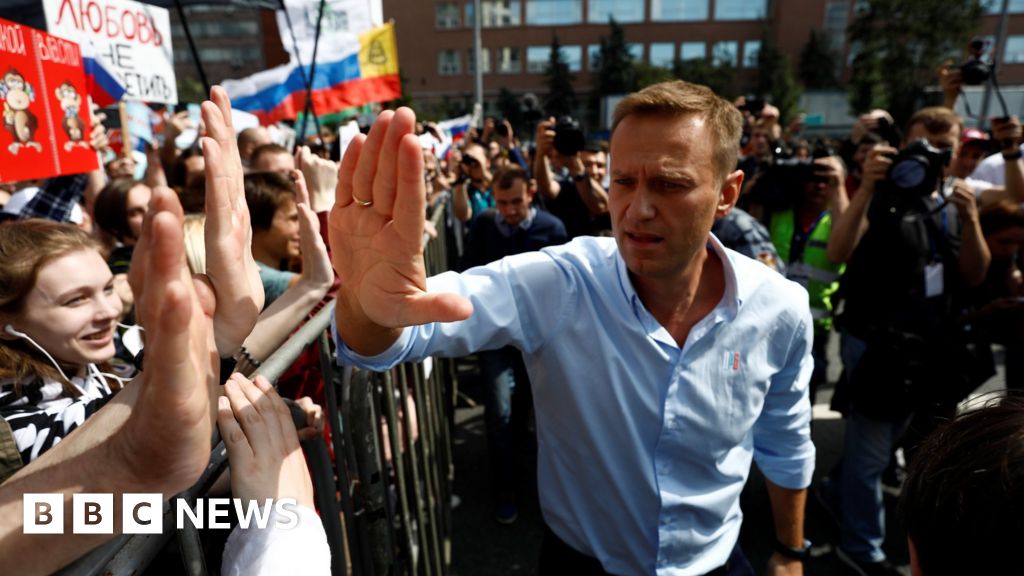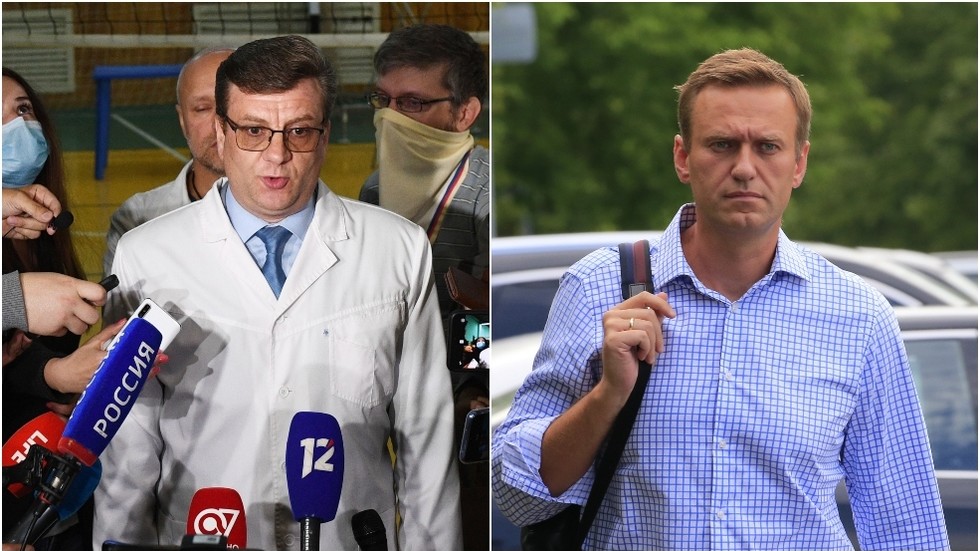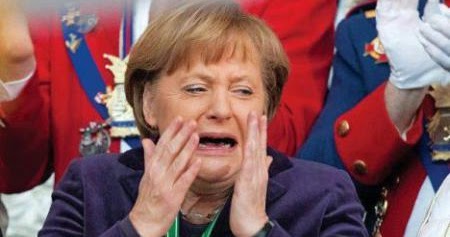The Navalny poison plot spread to Paris on Monday, compelling President Emmanuel Macron to telephone President Vladimir Putin to explain what a French chemical warfare laboratory has just done with evidence sent from Berlin by German Foreign Minister Heiko Maas.
Macron told Putin he agreed “German specialists must send to Russia the biomaterials and an official statement on the test results of the samples collected from Alexei Navalny, and must start working together with Russian doctors.” Macron also agreed “to contribute towards determining the parameters of possible interaction with European partners.” This wording of the Kremlin communiqué meant that
Macron and Putin decided to discuss with German Chancellor Angela Merkel how the Chancellor can extricate herself from the Novichok fabrications they now believe were initiated by Navalny’s staff and a British agent.
The poison plot has also spread to the headquarters in The Hague of the Organisation for the Prohibition of Chemical Weapons (OPCW). After days of concealing that Foreign Minister Maas had requested a technical team from OPCW to take samples in Berlin, Kai Chen, head of the OPCW’s external relations department, refused late on Monday to confirm what role the OPCW is playing in the poison plot; what evidence the OPCW has collected in Berlin; and what provisions of the OPCW charter have been invoked to legalise the OPCW’s involvement in the Navalny affair.
In London on Monday evening, a leading British organophosphate chemist and toxicologist said
it was too late for the OPCW to have identified a nerve agent in Navalny’s blood or urine. “A functioning liver should hydrolyse the parent compound and then [OPCW testing would] identify the metabolites in the urine secretion. There are no cases of finding the parent compound,
so maybe it is not there to be found.”
On Monday morning in Berlin, reading from a script drafted at the German Foreign Ministry, Steffen Seibert , the government spokesman,
announced:
“The Federal Government has therefore included the OPCW in the analysis of evidence in the Navalny case. This involvement of the OPCW is based on Art. VIII 38 (e) of the CWC [Chemical Weapons Convention], which gives all contracting states the opportunity to receive technical support from the OPCW. On this basis, the OPCW took samples from Mr. Navalny and took the necessary steps to have them examined by the OPCW reference laboratories.”
[...]
Between August 20, when Navalny was allegedly poisoned in flight between Tomsk and Moscow, and September 10, when OPCW took samples of his blood and urine in Berlin, the natural hydrolysis of his body had eliminated the identifying traces of the alleged poison chemical. The evidence of the Omsk Hospital testing, conducted on August 20-21,
revealed no trace of a Novichok-type chemical. Testing at the Charité hospital in Berlin did not begin for at least 48 hours after Navalny’s medical symptoms appeared. The hospital’s press release – dated August 24
but not signed by a treating doctor or toxicologist –
claimed “clinical findings indicate poisoning with a substance from the group of cholinesterase inhibitors. The specific substance involved
remains unknown”. For analysis, read
this.
By the time the OPCW technicians arrived at Navalny’s bedside to take their samples,
three weeks had elapsed, and no trace of the “substance” is likely to have been found. For that reason, the German Government spokesman announced yesterday, “regardless of the ongoing investigations by the OPCW”, the evidence remained “of a nerve agent from the Novichok group as the cause of Mr. Navalny’s poisoning.” Seibert claimed this has been corroborated by the German military laboratory in Munich, and also by
unnamed “special laboratories” in France and Sweden.
This evidence – the only evidence available to the Munich laboratory, and then the French and Swedish labs which had not been hydrolysed —
was the bottle which had been brought to Berlin with Navalny, carried either by his wife Yulia Navalnaya or by the witness who was with him in Tomsk and is the only one of the six staff from Tomsk to have accompanied him on the aircraft to Berlin. That is Maria Pevchikh.


